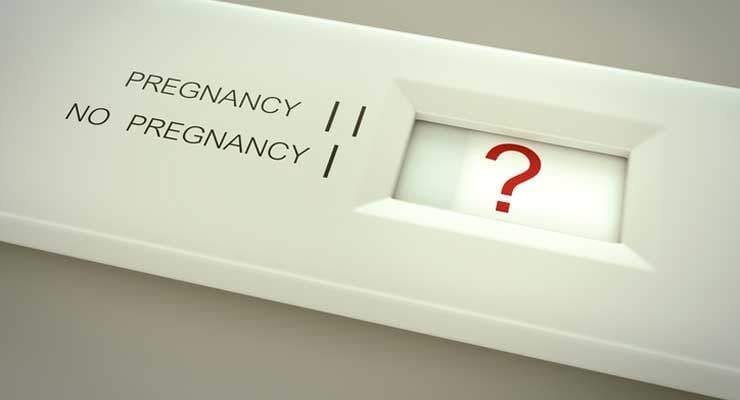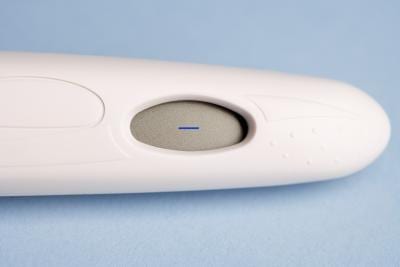Search Results for: regular monthly
What Is an Irregular Period?
Women may experience irregular periods for a wide variety of reasons. The occasional missed period is usually nothing to worry about. In some cases, erratic menstrual cycles can have perfectly natural explanations. However, irregular periods can also be a sign of serious medical issues. Understanding the difference between what is normal and what may indicate a problem can bring valuable peace of mind and may lead to needed medical intervention if a problem exists.
Vitamins for Perimenopausal Women
Most women spend several years in a transitional stage before menopause called perimenopause. During this transitional time, their bodies move from having regular monthly periods to no longer having cycles, thereby, becoming infertile. Maintaining health during this transitional period helps your body adjust to the changes. Getting enough of certain vitamins through nutrition in foods or supplements will keep your body strong, while reducing perimenopause symptoms.
Can You Be Pregnant on Birth Control With Periods Every Month?
You see it on television news all the time. An unsuspecting woman goes into labor because she had no idea she was pregnant. In many cases, she exhibited no symptoms. In fact, some women state that they were using birth control at the time of conception and others report having periods for the entire nine months of pregnancy. With stories like that, it is bound to make you wonder, “Could I be pregnant?”
No Period But Not Pregnant
Menstruation or your monthly period, is a normal, natural part of womanhood. Most young American women get their first period when they are about 12. Women who do not experience their first period by the time they reach 16 years are said to have primary amenorrhea. Secondary amenorrhea refers to the condition of women who have had a menstrual period, but whose periods have stopped. Secondary amenorrhea is usually the result of pregnancy, but there are other reasons a woman may not have a period.
When to Stop Taking Birth Control Pills to Get Pregnant
Oral contraceptives, usually referred to as birth control pills, are a convenient, safe and effective means of preventing unwanted pregnancies. Birth control pills can be more than 99 percent effective when used correctly, according to the American Congress of Obstetricians and Gynecologists. Birth control pills can become effective within seven days of beginning a regular regimen, and the contraceptive effects typically wear off soon after discontinuing their use.




